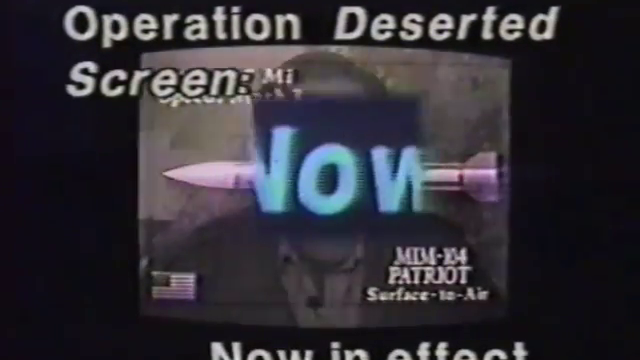article
In 1996, Adams Wood, Jeff Taylor, and A. Mark Liiv were working as activists on a forest defense campaign in Idaho. With a Hi-8 camera, they documented violations of timber sales agreements and confrontations between angry loggers and non-violent protesters as a way to keep people safe, as a tool in legal defense, and as an alternative to mainstream corporate media, which was biased in favor of the timber industry. The activists managed to pull off a 41-day road blockade, and the future founders of Whispered Media were shooting it. They cut their first video and called it ROAD USE RESTRICTED. The succinct but intense twelve-minute video was a great success, becoming part of several activist-run road shows and inspiring many a tree-hugger to haul it out to Idaho, which, says Liiv, "is not on the way to anywhere."
Read

